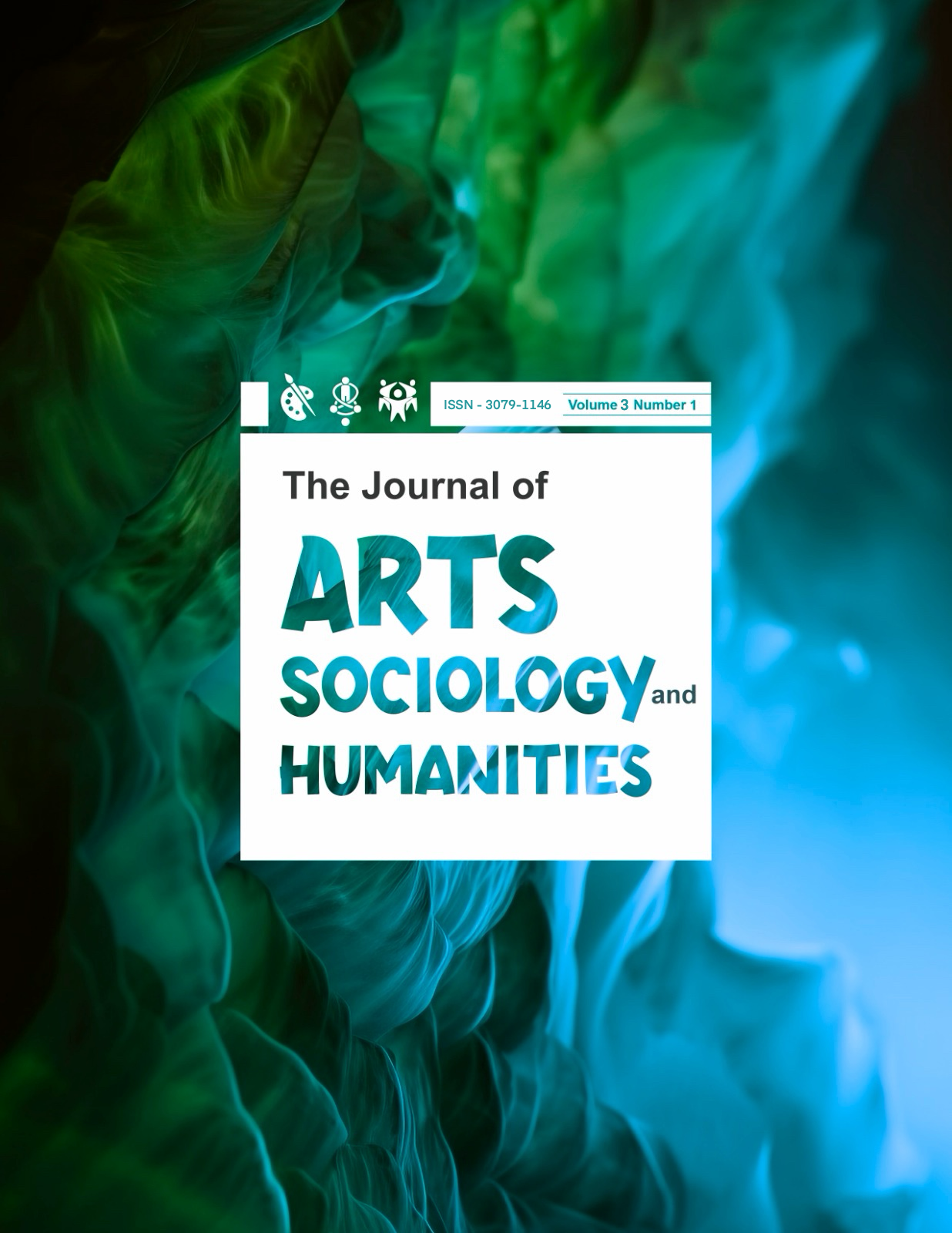Digitizing Intolerance: A Critical Study of Islamophobic Hate Speech on “X”
Abstract
Hate speech is recognized as a deliberate verbal attack on an individual or group based on protected attributes such as gender identity, sexual orientation, disability, sex, national origin, ethnic origin, religion, and race. Social media has become a powerful tool for extremists and certain social activists to disseminate hate speech. Among these platforms, X (Which was previously called Twitter), with its vast user base and open accessibility, is frequently used to spread negative narratives about Islam, contributing to the rise of Islamophobia. This study investigates whether X serves as a significant platform for hate speech and explores its role in fueling Islamophobic sentiments. Through secondary research methods, including literature review and scoping review, the study finds that several countries have recently revised their policies to counter Islamophobia. These nations have implemented large-scale awareness campaigns that promote an accurate representation of Muslims and Islam. The findings also highlight that proactive governmental measures, such as stricter regulations and counter-narratives, have played a crucial role in curbing the spread of Islamophobic content. However, continued efforts are necessary to further mitigate the negative impact of hate speech and foster a more accurate global perception of Islam.
Keywords: Hate Speech, Social Media, Twitter, Islamophobia, Online Islamophobia, Social Activists.






